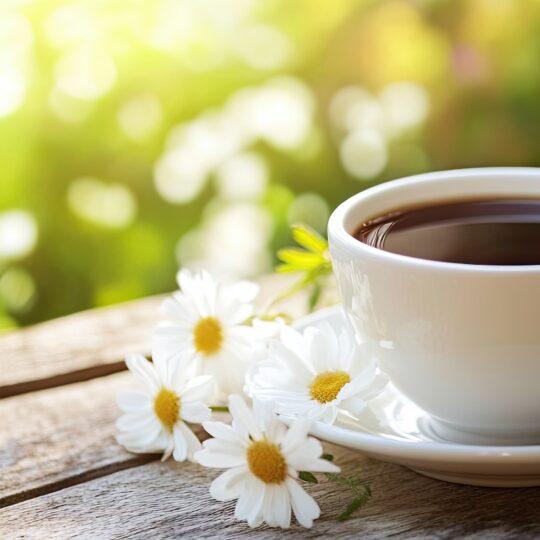Do Unconventional Plant Treatments Work?
The Pros and Cons of Alternative Plant Health Care
Posted
July 24, 2025

There are many reasons why gardeners prefer not to use chemical herbicides and pesticides. So now there are also many natural treatment alternatives to choose from. But how effective are they? Let’s look at the pros and cons of several unconventional plant treatment options.
Unconventional Plant Treatments Options
If you’ve dealt with weeds and pests in your lawn and garden, you may be ready to try just about anything to get rid of them. There’s also a lot of garden how-tos circulating the Internet and neighborhood with tips on how to keep your plants healthy. This may include some unconventional advice, like using alternatives to commercial pesticides, herbicides, and fertilizers. Here are some examples:
- Vinegar for weed control. The acetic acid damages leaf cuticles tokill weeds, but it also kills any other plant around it and alters soil composition.
- Hot sauce for pest control. The heat in capsaicin can irritate insects like aphids and mites as well as rabbits and squirrels. It should be diluted to create a spray and applied carefully to affected plants. Some plants are more sensitive to the spray, especially in hot weather. Any application to harvested plants should be washed thoroughly before eating.
- Baking soda for disease control. It raises the soil pH that helps control fungal growth and prevent powdery mildew. Too much can negatively impact nutrient absorption and also scorch leaves.
- Carbonated water for plant health. The dissolved carbon dioxide can help boost photosynthesis temporarily. Mineral water provides nutrients that are easily absorbed directly to the roots. Any sugary drinks should be avoided as they can dehydrate the roots and promote bacterial growth.
- Coffee grounds for compost and fertilizer. Considered organic matter, it can be a source of nitrogen, potassium, and magnesium for plants and help improve soil structure, drainage, and water retention. The aroma also may help repel slugs and snails. Since the acidity of grounds varies, it may not be ideal for all plants. The caffeine content can also potentially stunt seed germination and early plant growth.
The effectiveness of each alternative varies based on the timing, plant, and the intended purpose. Typically, natural treatments require more effort with reapplications than synthetic options. It doesn’t always prevent new problems from occurring. Proper lawn and garden maintenance—such as mulching, watering, and testing soil—are still your best defense for disease and pests.